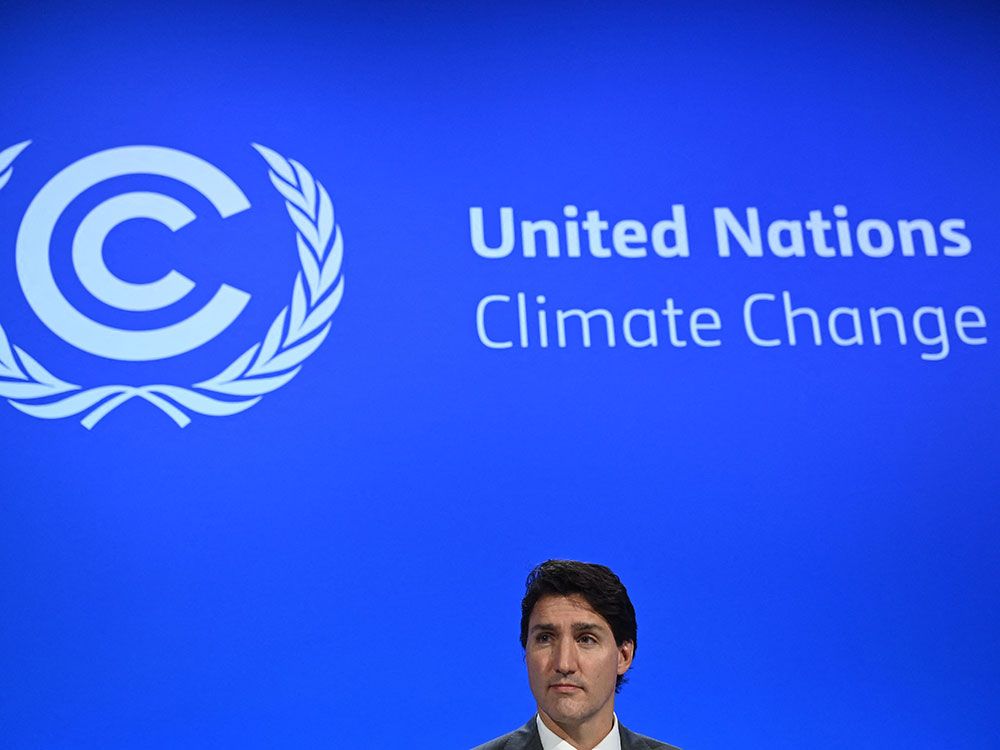When it comes to life insurance, there are a lot of options to choose from. One of the most popular is 30-year term life insurance. This type of policy provides coverage for a period of 30 years, after which it expires. It is typically less expensive than other types of life insurance policies, making it a good option for those who want coverage but don’t want to pay a lot of money each month. In this blog post, we will discuss the pros and cons of 30-year term life insurance policies and help you decide if this is the right option for you.
What is 30-year term life insurance?
As we mentioned, 30-year term life insurance is a policy that provides coverage for a period of 30 years. The benefit of this type of policy is that it is typically less expensive than other types of life insurance policies. This makes it a good option for those who want coverage but don’t want to pay a lot of money each month.
There are a few things to keep in mind when considering a 30-year term life insurance policy. First, while the monthly premiums may be lower, the death benefit will also be lower than it would be with a longer-term policy. This means that if you pass away during the 30-year period, your beneficiaries will receive less money than they would with a longer-term policy. Second, once the 30-year period is up, the policy expires and you will no longer have coverage. This means that if you want to continue having life insurance coverage, you will need to purchase a new policy.
What are the pros and cons of 30-year term life insurance?
Now that we’ve answered the question, “what is 30-year term life insurance?” it’s time to discuss the pros and cons of this type of policy.
One of the biggest pros of a 30-year term life insurance policy is that it is typically less expensive than other types of policies. This makes it a good option for those who want coverage but don’t want to pay a lot of money each month. Another pro is that it can provide peace of mind for those who are worried about their family’s financial security if something happens to them.
There are a few cons to consider as well. One is that the death benefit will be lower than it would be with a longer-term policy. This means that if you pass away during the 30-year period, your beneficiaries will receive less money than they would with a longer-term policy. Another con is that once the 30-year period is up, the policy expires and you will no longer have coverage. This means that if you want to continue having life insurance coverage, you will need to purchase a new policy.
Should you get a 30-year term life insurance policy?
Now that we’ve discussed the pros and cons of 30-year term life insurance, you may be wondering if this is the right option for you. There is no right or wrong answer, as it depends on your individual needs and circumstances. However, we can offer a few tips to help you decide if this type of policy is right for you.
One thing to consider is your age and health. If you are younger and healthy, you may be able to get a more affordable rate on a longer-term policy. However, if you are older or have health issues, a 30-year term life insurance policy may be a good option, as it will likely be less expensive than a longer-term policy.
Another thing to consider is your financial situation. If you are worried about your family’s financial security if something happens to you, a 30-year term life insurance policy can provide peace of mind. However, if you are not as concerned about your family’s financial security, you may want to consider a less expensive option, such as a term life insurance policy with a shorter term.
Closing thoughts
No matter what your decision is, we hope that this blog post has helped you understand the pros and cons of 30-year term life insurance. If you have any questions, let us know in the comments below.
Further questions
What's your question? Ask it in the discussion forum
Have an answer to the questions below? Post it here or in the forum

CALGARY — Jason Bradley spent 20 years of his career as ranch manager at a 50,000-acre grazing operation in west-central Alberta, so he understands why people react with skepticism to the idea of raising a herd of cattle on a working solar farm. “The first…
Satellites and chunks of space junk come close to colliding on a regular basis. The situation could get dangerously out of control.

It's not just Trump — elections around the world may produce a new crop of net zero critics in 2025

A lot can get lost in long-term performance, cautions Bert Clark, CEO of Investment Management Corporation of Ontario

Investors could get caught in a tug of war between valuations and momentum, whether to stay home or look abroad